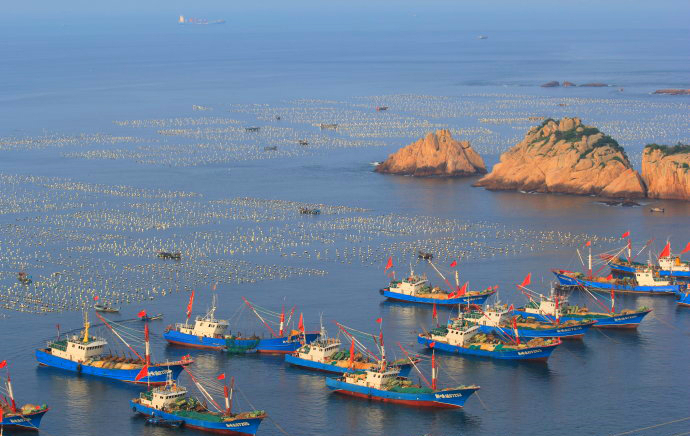Date:2018-12-25
Lecture Topic: The mechanism, research and application based on mussel bionic tissue adhesion
Lecture speaker: Xing Mengqiu (Professor, University of Manitoba, Canada)
Venue: STU-BME Discussion room
Time: 11:30am - 12:30pm,December 25, 2018
Traditional fixation materials or tissue adhesives are often used in tissue wound repair. Traditional mechanical wound closure devices, such as loop nails, rivets and surgical sutures, which often cause damage to the surrounding tissue, and these wound closure devices are complicated to operate in the body, and a second operation is required to remove them.
The tissue adhesive can restore the function of the damaged part, at the same time, it can well restore the appearance, with good biodegradability, without the need of secondary surgery, greatly reducing the pain of patients and doctors' workload. However, although tissue adhesives have many advantages over traditional fixation materials, they still cannot meet the requirements of clinical application because their solubility, bonding strength or mechanical strength are low.

Marine mussels secrete dopa-rich proteins that adhere to surfaces in moist environments. Bionic hydrogels based on mussel bionic tissue adhesion mechanism have good adhesion, biocompatibility and mechanical strength.
At present, a lot of researches on the adhesion mechanism of mussels have been carried out and their applications have been explored in relevant fields. The department of medicine and engineering invited professor Xing Mengqiu from the university of Manitoba, Canada, to give a lecture with the theme of "mechanism, research and application of mussel bionic tissue adhesion", to introduce the research status of mussel bionic tissue adhesion mechanism and bionic adhesion materials, as well as the future application and development of this field.
The main contents of the lecture:
A class of catechol and its derivative, dopamine, shows unique mussel-inspired anchoring nature to a spectrum of surfaces and the fabricated hydrogels present self-healing and tissue-adhesiveness. In this presentation, we will report our recent research findings for sutureless surgeries, wound healing, cardiovascular repair, orthopedic construction, and bioelectronics et al.

For more information, please follow the public account!
